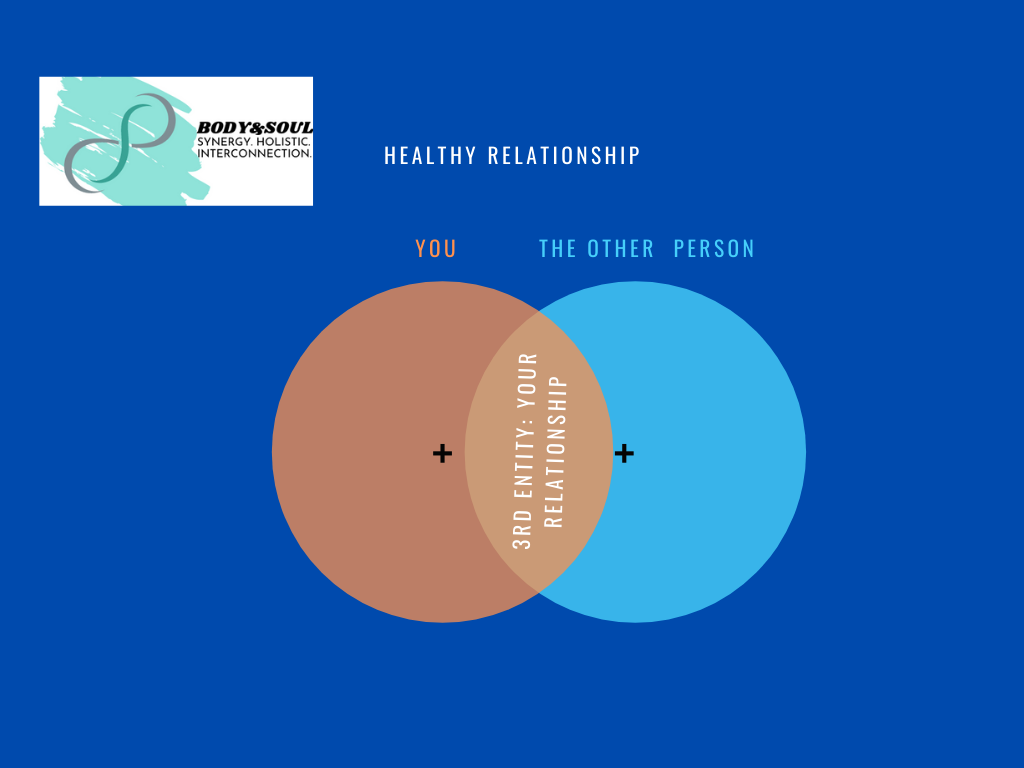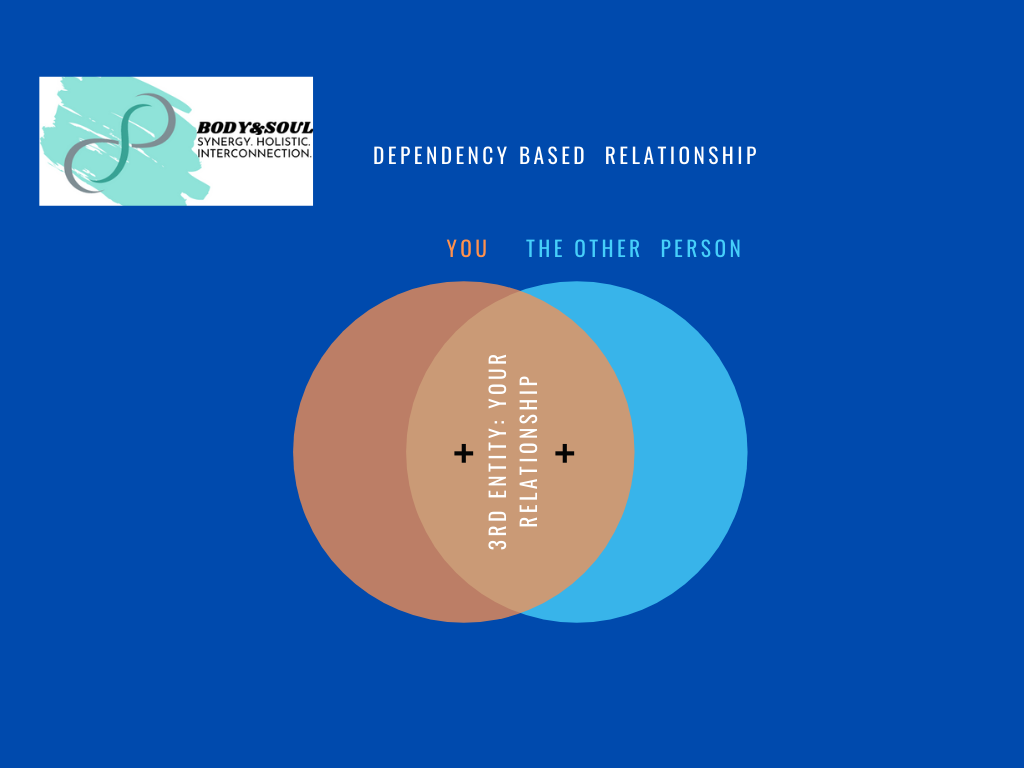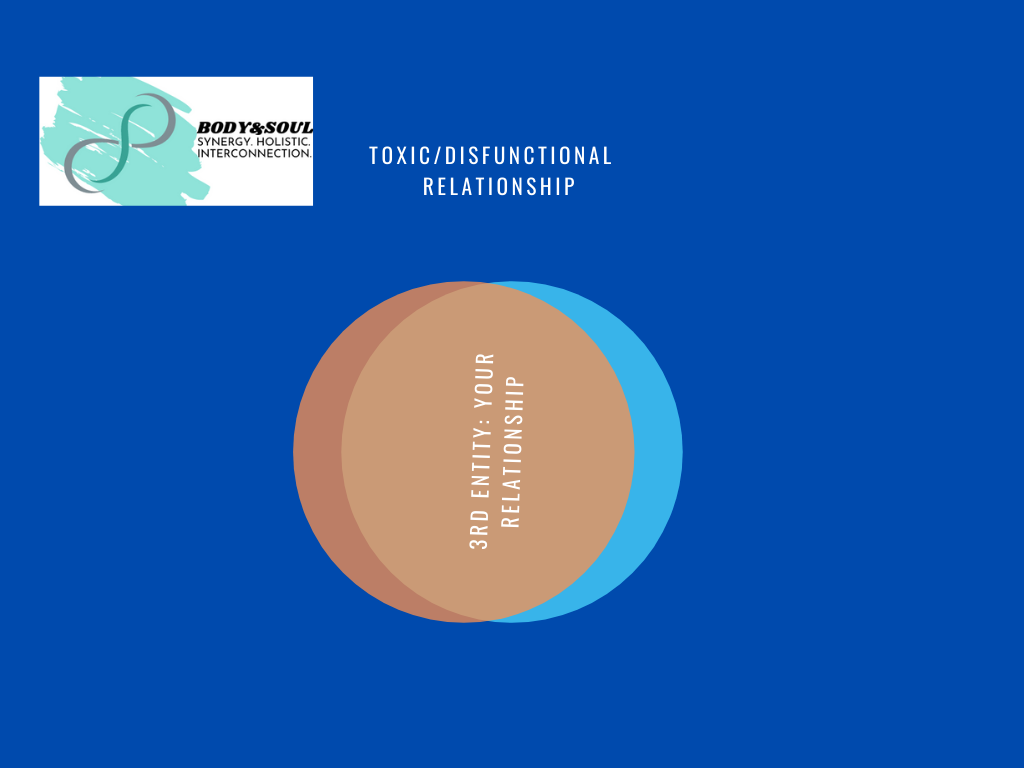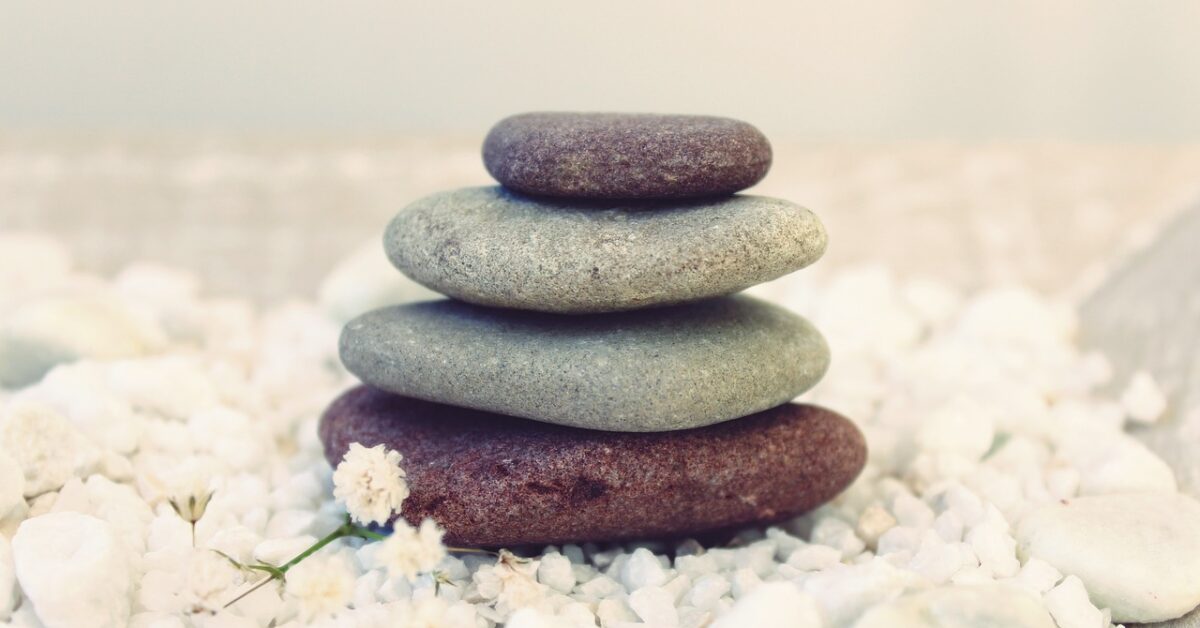Everybody talks about “sustainable economy”, “sustainable ecology”. I think we should talk too and more, about a “sustainable you”, whether you are in a relationship or not.
Of course issues like self-development are all about the sustainability of the You. But it’s not all.
We all need this integration of many aspects in life, in order to feel that we are sustainable, that we’re not going to collapse when we find that hell is round the corner.
Nobody is going to teach you how to live your life. Nobody is going to teach you how to feel, how to be you. Your life and how you feel your experiences are unique events. Not replicable but for one, and only one person: you.
The most you can do is share if you want.
The most other people can do, is to point ways that worked for them. It might work for you as well. Not necessarily.
Of course, there are systems. Systems that work for science, for the economy, for a scholarship, to acquire skills, for work-chains. The system to live a life that makes you feel fulfilled: is a personal journey. There is no magical formula. You have to find out the way that works for you.
You have to get on that journey. Your journey with your heroes. You’re supposed to be the central hero in your life story.
1. The Hero In Your Life Story
Some might label this as narcissism, selfishness, that it smells like teen spirit or that it has notes of adolescent fluorescent. Not at all. Your life begins when you are born (or when you are conceived, if you are a conceptualist).
If there’s no you, there’s no your-life-story.
Your-Real-life-story, your-life-story-as-someone-else’s-projection, or even your-life-story-by-someon-else’-creation.
If there’s no you, there’s no your-life-story. Only on a schizophrenic's mind.
It makes sense to say that the center of your life is…You.
That doesn’t mean you’re going to run over everybody to go and satisfy every “me-wishes”. At all.
It means that there’s you as the center of your life.
And there are those other persons you relate to (family, friends) as the center of their own lives too.
And there are these many 3rd entities: the relationship you have with each one of your people, the common interests you share with each and one of them.
Take a look at the diagrams to picture where do your relationships perform and face eventual challenges or consider possible shifts for more balanced relationships:

Diagram 1. Healthy Relationship
The centers of each member in the relationship exists out of the common area.
The relationship is shared, it bonds both elements but it doesn't compromise the core identity of each element.
Both elements coexist as units. The relationship adds, enriches existence, is supportive, and still is central.
Diagram 2. Dependency-Based Relationship
The center of each member is inside the common area.
Existence only makes sense within the relationship.
The common area occupies a very large area of the individual.


Diagram 3. Toxic / Dysfunctional Relationship
One individual overlaps the other
The other member cancels his personality
I would say that In what concerns relationships, a more sustainable you would be in a healthy relationship.
Dependency-based relationships are very common. Is not perfect but it works in many cases.
The toxic relationship... Well, as the name says: it's toxic. Is a kind of "kill or die" relationship. The death of the soul for the overlapped personality. Run from it if you don't have firm psycologic boundaries. Or find professional help to... Run from it!
2. Healthy Relationship: How Do You Get It
How do you get that healthy relationship?
2.1 You Are Centered.
Everybody has phases, ups, and downs.
But you have to know how to return to your center: that place that gives you back that inner peace (or rage, depends on what moves you).
And then find the strength to think through the challenges and find solutions for you.
If you’re happy with yourself: everyone around you benefits from it.
2.2 You Know Yorself Well.
We’re all working-progress projects.
But things don’t change overnight, not if it is to be consistent, solid.
Make sure you can identify your structural traits.
If you wanna change: change them. It’s possible.
But first, you have to know the “why”, and the “what”. The “how “will come almost naturally.
Don’t underestimate your brain capacity to find solutions for your quests.
2.4 You Have Your Boundaries Set.
Make sure you give attention to other interests, activities, hobbies, a new skill.
Makes you an interesting person to be with.
Even if the only person for you to be with is … yourself. You Are Centered.
2.3 You Have Other Interests Besides Your Pair.
...To make sure that the other person doesn’t trespass your boundaries as a living being person.
Or to prevent even worse: overlaps of your identity (toxic relationship) or deconstruction of it.
Saying “No” is a very effective way to set boundaries to invasive, toxic, and manipulative people.
3 . The Box

The box is the formula the social machine thinks that you should fit in.
Sometimes the box suites your aspirations, your being.
Other times it doesn’t fit.
If the box doesn't fit: you don’t have to “Cut your arms, break your legs, smash your head” just to fit in a box that someone else tailored for you.
Or even match an image that someone else projected about you. Just because it’s easier to “become the boxed-image” than to stand up from your knees and just be… yourself.
People just wanna be right. At all costs.
What do you owe to yourself? Be the Best Version Of Yourself.
"Start where you are. Use what you have. Do what you can."
by Arthur Ashe
4. Sustainable. Like A Stone
Ok: sustainable like a stone is a little too rigid. And too much stiffness might choke the natural process of growing.
But you know what I mean. It’s a metaphor. To illustrate the firmness: a person that doesn’t just fall apart, fades away, on the first storm, strong wave or violent wind that assaults you.
There's this concept that I've learned on online training, the concept of 4topia, where these four areas in life should be nourished daily if you ought to feel a sense of certain integrated happiness.
Ok, I’ve mentioned the 4topia concept in a previous blog post “Mirror, Mirror On The Wall – A Person You Love” but I can’t stress this issue enough.
The 4 areas are:
The Health
The Wealth
The Self
The Social
I know: it’s obvious.
But the obvious things are easy to neglect.
Point it down if you might, as a commitment to yourself, as a task that needs to be done daily. As daily as you brush your teeth, sleep, eat. At the end of the day check it out as “Done”.
You’ll get satisfaction. As little as it might seem, you’ll feel rewarded. I grant it.
It’s very easy to go to work and get totally absorbed by your job, Its environment, its demands, its challenges.
And by the end of the day and you get home exhausted, no patience for anything else.
So let’s go to the basic, obvious integrated system of the 4topia.
Let’s suppose you have money on the account for whatever your needs are (You have a “floor-money” which you consider the minimum you have to have to satisfy your needs, and your “ceiling-money” depends on your ambition and you probably will want more as soon as you reach it. Fine.
What good it will be to reach that if you have no health to enjoy it?
What about the self? What good would it serve?
These physical or mental activities promote self-awareness and emotional intelligence (self-control for example). Whether is to feed and stretch the soul or to feed and stretch the brain or exercise the body.
According to George Herbert Mead 3 activities promote self:
Language (journaling, reading, learn a new language)
Role Play (taking theatre classes)
Games (sports or team games)
These are the most common activities to develop specifically self-awareness:
- Mindfulness meditation
- Tai-chi or Yoga
- Strength test for values in action: you can take a free query to “Get to know your greatest strengths” ( here’s the link: https://www.viacharacter.org/character-strengths-via )
- Journaling
- Having a Personal Vision
- Observing others
And the social part? Well everybody needs to share: time, affects, interests.
If you’re an introvert, you might get "distracted" about your social needs...
But hey: schedule to reach out for others. task it, whatever works better for you. So you won't forget.
The secret here is to give it some maintenance for balance.
Not every day is good, some days have challenges in one or more of those areas.
If you keep it in mind and promote small little things on a daily basis, you will less likely feel drained, frustrated, or occasionally dreary.
This will surely contribute to a more integrated whole person and a more sustainable you.
References:
https://study.com/academy/lesson/george-herbert-mead-the-self-me-i.html
